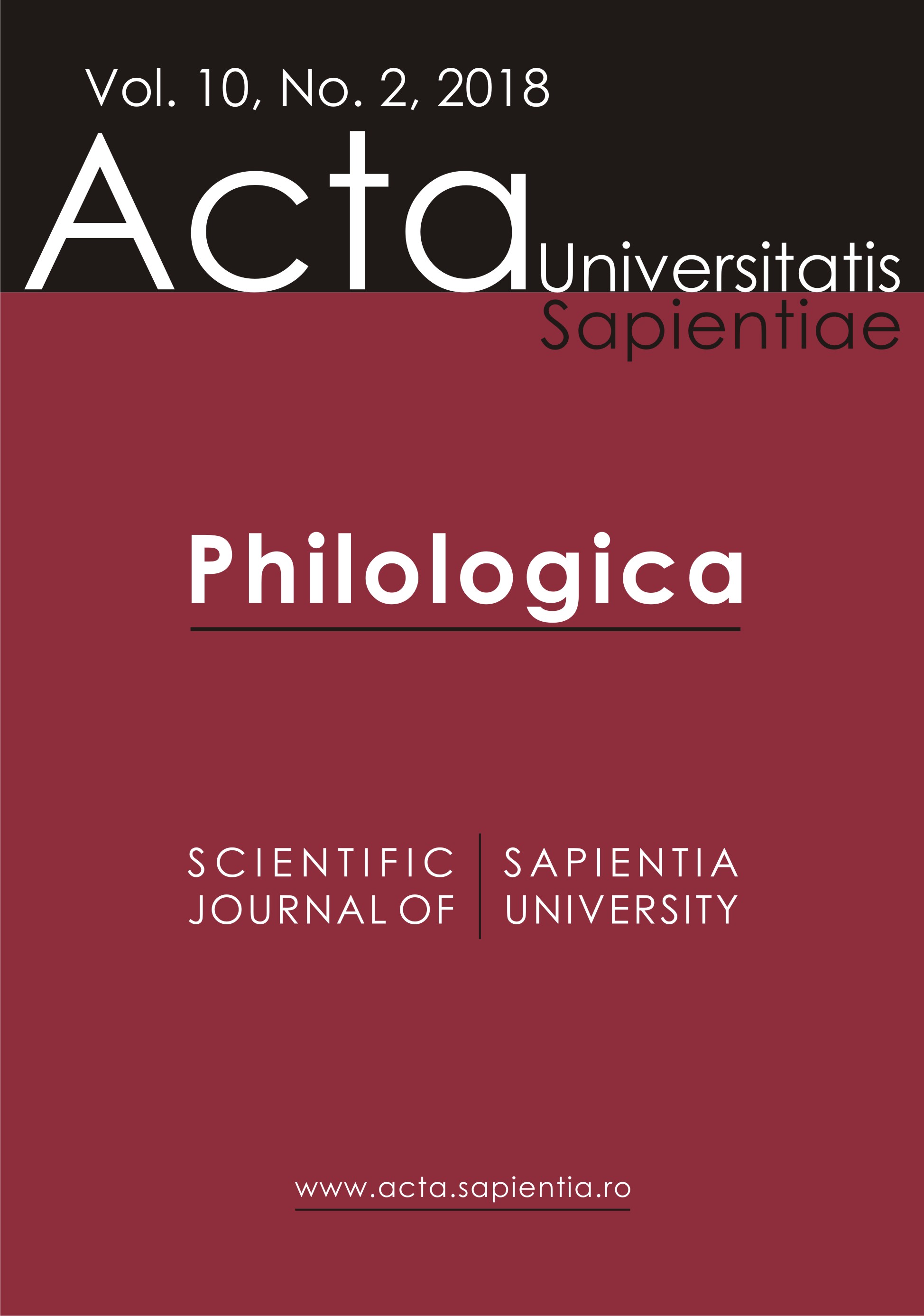A Study of Parental Attitudes to Teacher Pronunciation in Very Early English
A Study of Parental Attitudes to Teacher Pronunciation in Very Early English
Author(s): Réka Bozsó, Judit NagySubject(s): Language and Literature Studies, Foreign languages learning
Published by: Scientia Kiadó
Keywords: teaching English to very young learners; parental attitudes; accent; non-/native teacher
Summary/Abstract: Teaching English as a foreign language at an early (7–12) and even at a very early (under 7) age is becoming more and more popular and accessible, mainly due to the pressure from parents. Parents are essential stakeholders in the TEFL of these ages, and thus it is beneficial for the future of TEFL to do research into parental attitudes in order to be able to assure that expectations and outcomes meet.Our study examines parental attitudes towards the teacher and the ideal age to start learning a foreign language. Fifty Hungarian parents of children aged 0–7 completed our online questionnaire, which mapped the demographics and linguistic profiles of respondents and their views and attitudes related to language learning. Furthermore, attitudes towards teachers’ pronunciation (American, British, or Hungarian) were measured on a 5-point Likert-scale.The 8-item attitude scale showed good reliability (N = 50, Cronbach α = 0.772, p < 0.001). Parents generally placed high emphasis on nativelike pronunciation. However, accent-related attitudes varied among parents preferring different ages to start FL learning. Parents favouring an early start preferred native speaking teachers, with no preference for a British or American accent.
Journal: Acta Universitatis Sapientiae, Philologica
- Issue Year: 10/2018
- Issue No: 2
- Page Range: 21-39
- Page Count: 19
- Language: English

